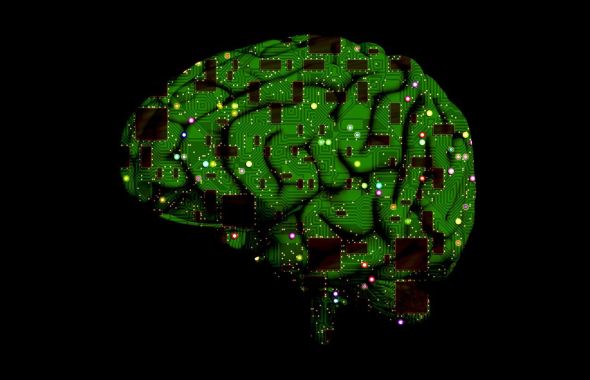Computational Justice: How Artificial Intelligence and Digital Phenotyping Can Advance Social Good

Description
The future of neuroscience and law will be a computational future, as both fields are increasingly integrating artificial intelligence and machine learning. But what will this future look like? Can AI and digital technologies promote justice, diversity, and inclusion? Or will these technologies replicate, or even exacerbate, existing inequalities and biases? In this lunchtime event, leading experts in artificial intelligence, computational psychiatry, and the law discussed these questions as they explored how AI and digital technologies can advance social good through improved social, psychiatric, and legal interventions.
This event was free and open to the public.
Panelists
- Rediet Abebe, Junior Fellow, Harvard Society of Fellows and PhD candidate, Cornell University
- Dr. Justin T. Baker, Scientific Director, Institute for Technology in Psychiatry; Director of Functional Neuroimaging and Bioinformatics, Schizophrenia and Bipolar Disorder Research Program, McLean Hospital; co-director, Massachusetts General Hospital/McLean Hospital Research Concentration Program; Associate Director, Center for Law, Brain & Behavior, MGH; and Assistant Professor of Psychiatry, Harvard Medical School
- Francis X. Shen, Executive Director, Center for Law, Brain & Behavior, MGH; an Instructor in Psychology, Harvard Medical School; and an Associate Professor of Law, McKnight Presidential Fellow, and faculty member in the Graduate Program on Neuroscience at the University of Minnesota
Slides
- Rediet Abebe, “Can Algorithms Help Reduce Inequality?”
- Justin T. Baker, “Into the Deep”
Media Coverage
- Researchers Discuss Technology and Social Justice at Harvard Law School, Harvard Crimson (October 24, 2019).
Part of the Project on Law and Applied Neuroscience, a collaboration between the Center for Law, Brain & Behavior at Massachusetts General Hospital and the Petrie-Flom Center for Health Law Policy, Biotechnology, and Bioethics at Harvard Law School.